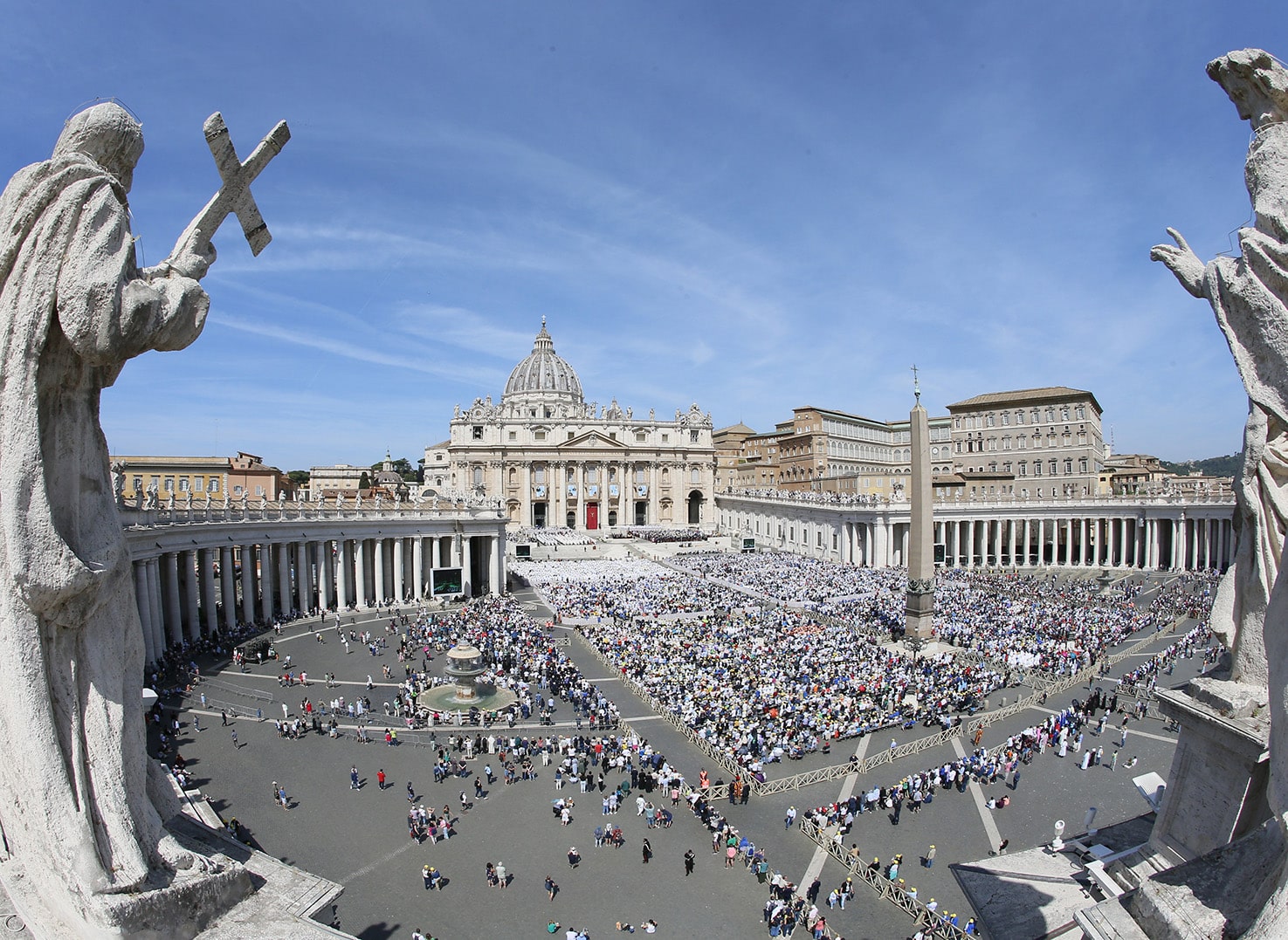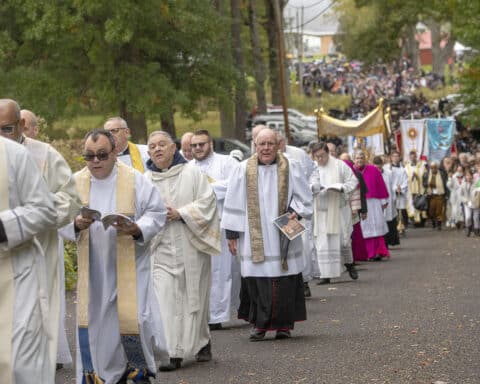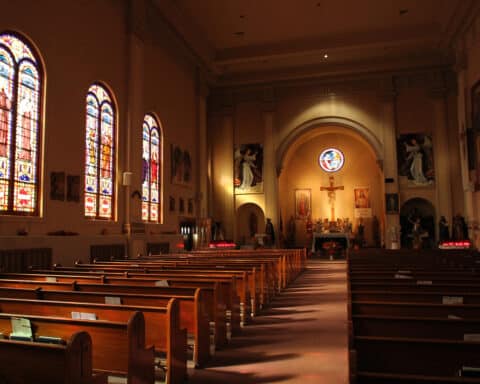Question: I saw the following headline today in an English Newspaper: “Vatican Offers ‘Time-off’ purgatory to followers of Pope Francis’ Tweets.” A second headline says further: “Papal Court handling pardon for sins says contrite Catholics may win ‘indulgences’ by following World Youth Day on Twitter.” Is this theologically acceptable? Is this an ex cathedra pronouncement? Please advise.
— Andres Wong, via email
Answer: The headline from a secular news source is poorly written. The Vatican statement is saying, more specifically, that prayerfully following the events of World Youth Day by, among other things, reading the Twitter feed, is a good and meritorious action that can bring blessings for others.
The Catechism of the Catholic Church says, “An indulgence is a remission before God of the temporal punishment due to sins whose guilt has already been forgiven, which the faithful Christian gains under certain prescribed conditions” (No. 1471).
The Catechism links this power to the power of the Church to bind and loose (cf. Mt 16:19). Hence there is a special strength to indulgenced actions or prayers announced by the Church. The Catechism says this is because, “‘[It is] through the action of the Church which, as the minister of redemption, dispenses and applies with authority the treasury of the merits of Christ and the saints. An indulgence is partial or plenary according as it removes either part or all of the temporal punishment due to sin.’ The faithful can gain indulgences for themselves or apply them to the dead” (No. 1471).
At the heart of the teaching on indulgences is that prayer helps to change things, heal things and bring blessings. These blessings can be applied to one’s self or one can apply the fruits and blessings of a prayerful action to the souls in purgatory. This is a common and ancient practice of the Church, going back even to Jewish times. The dead who are in purgatory both need and deserve our prayers and can benefit from the indulgence and blessings they extend.
As noted, the general principle that praying for others helps them is sometimes specified by the Church. Hence, certain prayers and practices have long been held by the Church to be particularly meritorious and the Church thus lifts them up and indicates that they can gain a partial or plenary indulgence under the right circumstances. These declarations by the Church of the most common prayers and practices are contained in a document called the “Enchiridion of Indulgences.” There will also be times when the Church uses an event, such as World Youth Day or a Jubilee Year, to extend opportunities related to those events, and the Church assigns an indulgence to them to encourage their use.
But, in the end, it is good to remember that all prayerful actions on behalf of others bring blessings, even if the Church does not formally announce them. We can always pray for one another. Attaching an indulgence gives certain prayers and actions a special power insofar as our actions are linked formally to the universal Church and her authority.





